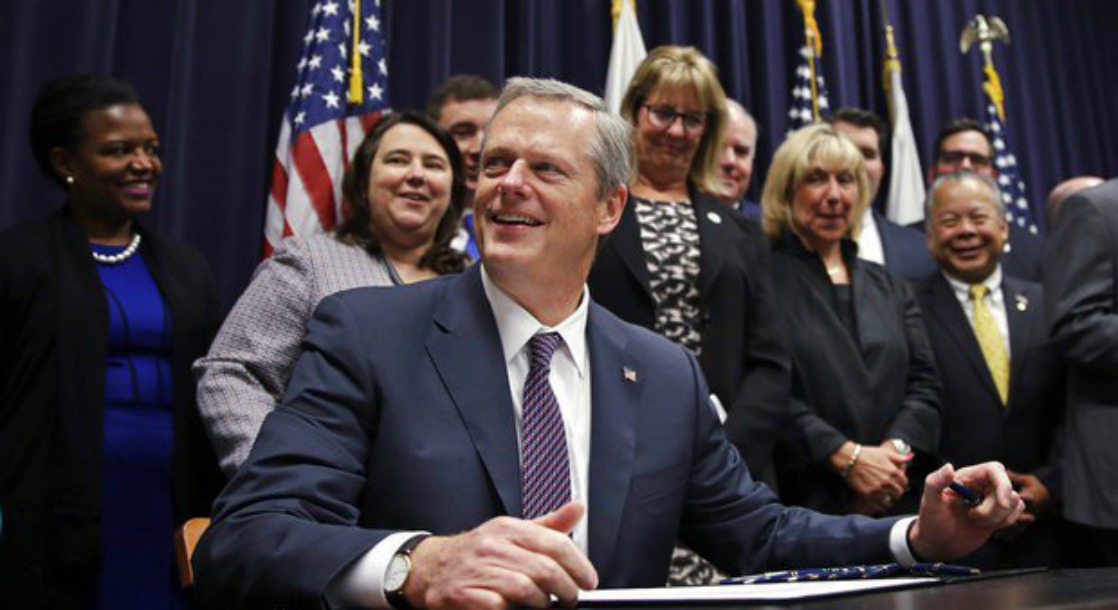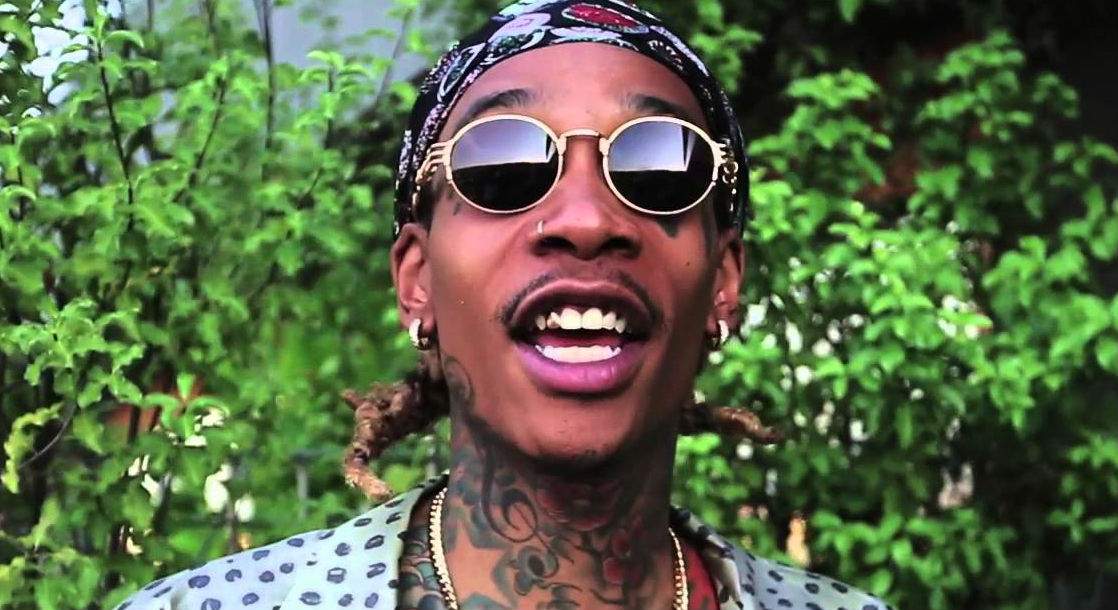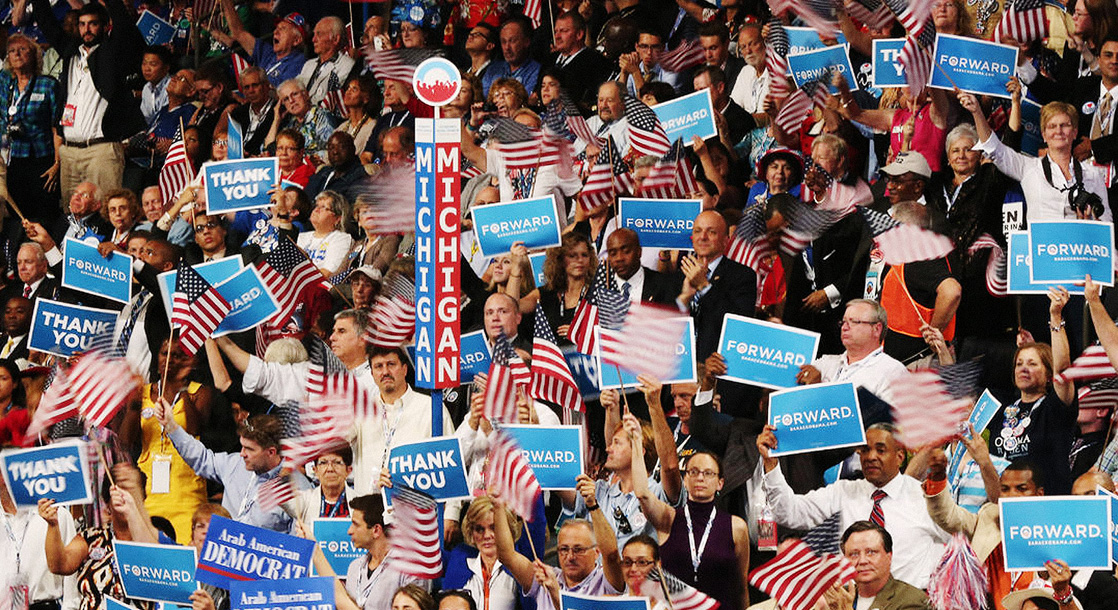Massachusetts Governor Charlie Baker signed a piece of legislation yesterday to finally move the state’s recreational cannabis market out of the state legislature and into the law books. Even with the Governor’s approval, though, Mass. stoners will still need to wait another year before they can buy legal weed from a state-licensed recreational pot shop.
According to The Hill, Baker’s signature established the Bay State cannabis tax rate at 20%, a compromise between the State House’s goal of 28% and the Senate’s suggestion of 12%. Under the approved compromise, 17% of cannabis sales will go towards state excise tax, while the other 3% of all pot dollars will go to the local municipalities in which it was sold.
In addition to the highly contentious tax rate, Baker also signed into law a new system for municipalities trying to ban recreational cannabis from their slice of the state. While most states rely on local government to approve or deny pot shops and grow-ops, Massachusetts will instead listen to the voice of the voters. In cities and towns where the original legalization vote failed last November, local officials will be able to block legal weed businesses, but if local voters approved Question 4 last year, the fate of pot shops will be up to the will of the people, not their voted officials.
“We appreciate the careful consideration the legislature took to balance input from lawmakers, educators, public safety officials and public health professionals, while honoring the will of the voters regarding the adult use of marijuana,” Baker said in a signing statement.
Now that the legislation has been signed into law, Governor Baker, the state’s Attorney General and Treasurer will each be responsible for appointing five members of the state cannabis advisory board before August 1st. By September 1st, the same group will be responsible for choosing the members of the Bay State Cannabis Control Commission, the regulators that will then be tasked with setting the state’s additional recreational rules.
The system’s full set of rules and regulations is set to be established by March, with retail sales licenses going out in April. That is of course, if the state’s new marijuana officials can avoid the infighting the pot caused in the state legislature.
“We take elected officials at their word that there will be no more delays in implementation of the legal sales system,” Jim Borghesani, a spokesman for the Question 4 campaign, said.
If all goes according to plan, Massachusetts Department of Revenue expect to bring in over $80 million in recreational cannabis tax next year, with $1 billion in sales and $200 million in tax revenue expected in 2019.











